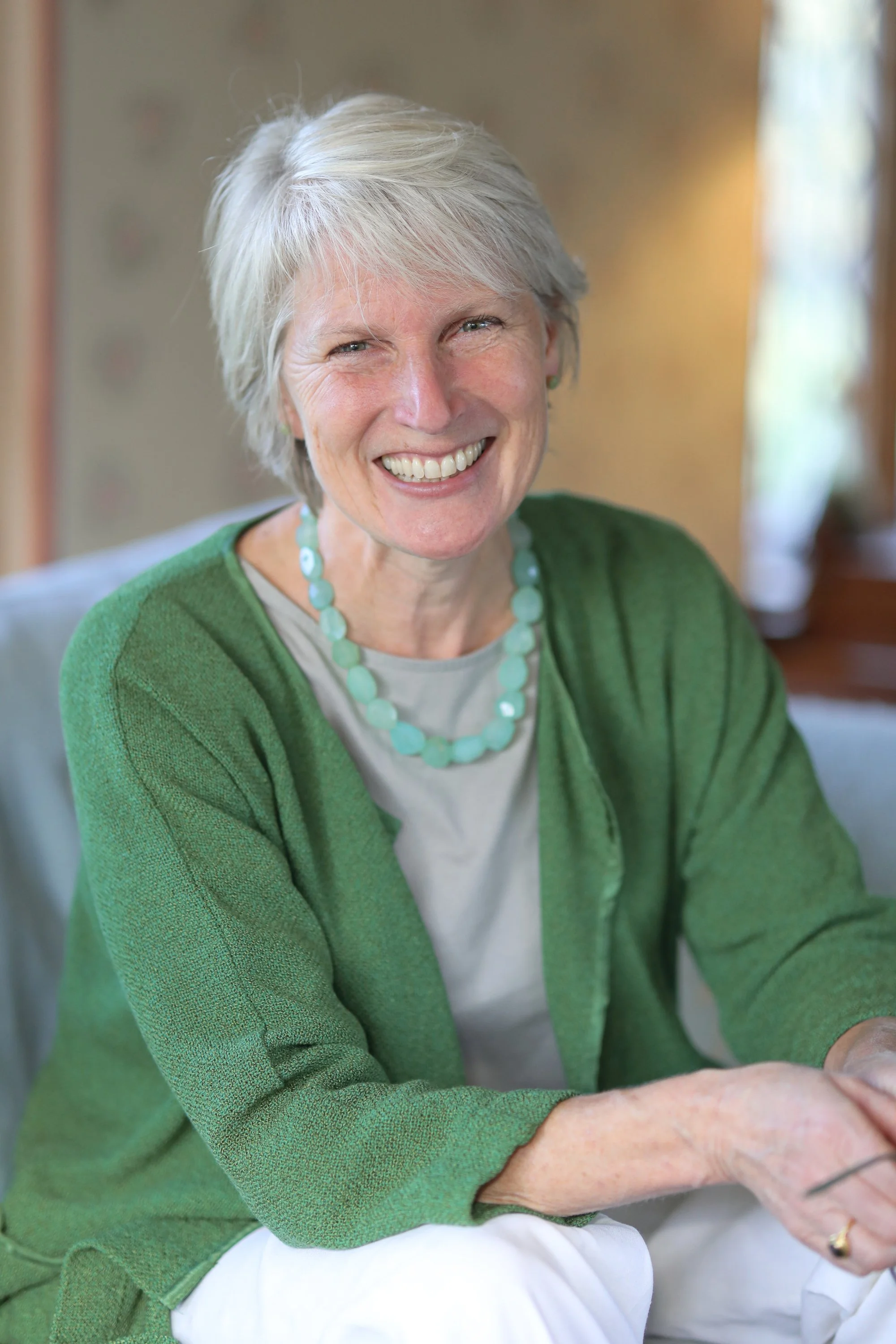About Dr Jenn
Jennifer Mahon, PhD
Psychotherapist, trainer, presenter
Relationship first.
I am here to help you learn about yourself, have more fun in life, and strengthen your relationships. If you’re ready to make changes, I’m here to help you.
I’ve always been fascinated by people’s stories. As a kid living in different countries, I loved watching people, trying to understand how they saw things and how they found fulfilment in life. It took me some time to figure out that psychologists could do that all day - but once I did, I knew where I needed to work.
My training is in Humanist Psychology, which is founded on helping each person grow to their potential. Humanism looks at the whole person and how to increase their strengths, rather than just focusing on their problems. This is fundamentally optimistic, which makes change easier. Therapy should help you feel strong, not ‘wrong’.
I did my PhD in psychology in England at two university teaching hospitals, finishing in 2001. During my research, I worked in centres for people with severe eating disorders and supported research on what helps people recover from clinical depression. What I saw showed me how damaging poor relationships could be to children’s sense of self. It is astonishing how long the tail of childhood trauma is. At the same time, I saw the incredible healing power of having even one strong relationship. Wouldn’t it be great to be able to teach people how to make strong relationships themselves?, I thought. I decided to specialise in adult-child communication and developing emotional intelligence. Lucky I did, as I had 4 children, 1 girl and 3 boys.
In my own PhD research, I worked on understanding what makes people stick with therapy or decide to drop out, and I found that the quality of the therapy relationship was most important, even more important than the particular kind of therapy or anything specific about the client or the therapist. This discovery will help therapists prioritise building a bond with clients before pushing ahead with treatment. As a result, in my practice, I take time to understand how my clients see things, what they have already tried to heal themselves, what has or hasn’t worked for them. I also take a different approach to behaviour; instead of trying to control it, I’ll teach you how to understand it, how to ‘listen to’ it to understand the real message people are trying to get across. When you know how to listen, there’s less need to shout!
The same is true with parenting and teaching as with therapy: it’s the strength of your relationship that helps and protects children. The quality of your advice doesn’t matter so much. It’s the strength of your relationship that encourages them to keep going when the going gets tough.
Come learn how to love your life and strengthen your relationships.
Pro bono work
With understanding and coping skills, people can overcome enormous obstacles. Even the trauma of war or sex abuse can be resolved into emotional strength. That kind of transformation - from pain to fortitude - links the organisations I work with pro bono.
Currently I advise groups ranging from orphanages in Kenya to private independent schools in New England. No matter what the situation, I teach adults how to listen deeply, understand trauma-related behaviour, avoid power struggles, and work with children to solve problems. If children can understand how their feelings work, then they can work with their feelings, so a difficult history needn’t create a damaged life.
Advisor to: Eusebia Hope Foundation, Kenya. The Hotchkiss School Sexual Misconduct Prevention Committee, USA. Surrey and Kent communities supporting Romanian Refugees, UK.
Questions? Let’s chat.
Publications
Bifulco, A., Mahon, J., Kwon, J-H., Moran, P. M. and Jacobs, C. (2003). The Vulnerable Attachment Style Questionnaire (VASQ): an interview-based measure of attachment styles that predict depressive disorder. Psychological Medicine, 33(6), pp. 1099-1110.
Kovacs, D., Mahon, J., Palmer, RL. (2002). Chewing and spitting out food among eating-disordered patients. International Journal of Eating Disorders 32(1):112-5.
Mahon, J., Winston, A.P., Palmer, R.L. & Harvey P.K. (2001). Do broken relationships in childhood relate to bulimic women breaking off psychotherapy in adulthood? Int. J of Eat Disord.29(2), 139-149.
Mahon, J., Harvey, P.K., Winston, A.P. & R.L. Palmer. (2001). Childhood trauma has a dose-effect relationship with dropping out from psychotherapeutic treatment for bulimia nervosa: A replication. Int. J Eat Disord. 30(2): 138-148.
Mahon, J. (2000) Dropping out from psychotherapeutic treatment for eating disorders: What are the issues? Invited paper. European Eating Disorders Review 8(3) 198-216.
Oehlschlagel-Akiyoshi, J, Malewski, P., & Mahon, J. (2000) How to define anorectic weight? The difficulties with BMI. Invited paper, EEDR. 8(1) 31-36.
Mahon, J & Katzman, M.A. (1997). Eating disorders and body image disturbance in Europe. American Anorexia and Bulimia Association, Winter, 2-5.
Katzman, M. A. & Mahon, J. (1997). Eating Disorders and Body Images Disturbance in Europe, Newsletter of the American Anorexia-Bulimia Association (Winter), 1.
Richard, M., Hermann, A., Mahon, J., & Charpentier, P. (1997). Quality assurance in psychotherapeutic treatment for eating disorders: the AQUASI computer programme, Eur Eat Dis Proj, January.
Bristow, J.F., Dove, R.E., Broglia, C., Hobart, M.A., Chabernaud, T.C., & Mahon, J. (1993). Geochemical logging results from Vanuatu: Sites 829,830,831, and 833. Proc. ODP, Vol. 134.
Pratson, E.L., Anderson, R.N., & Mahon, J. (1993). Geochemical well logs through Cenozoic sediments from Ocean Drilling Program Sites 805 and 806. Proc. ODP, Vol. 130.
Pratson, E.L., Anderson, R.N. & Mahon, J. (1992). Reprocessed well logs from Hole 747c used in the interpretation of lithology at Site 747 and correlation between Legs 119,120, and 121. Proc. ODP, Vol. 120.

